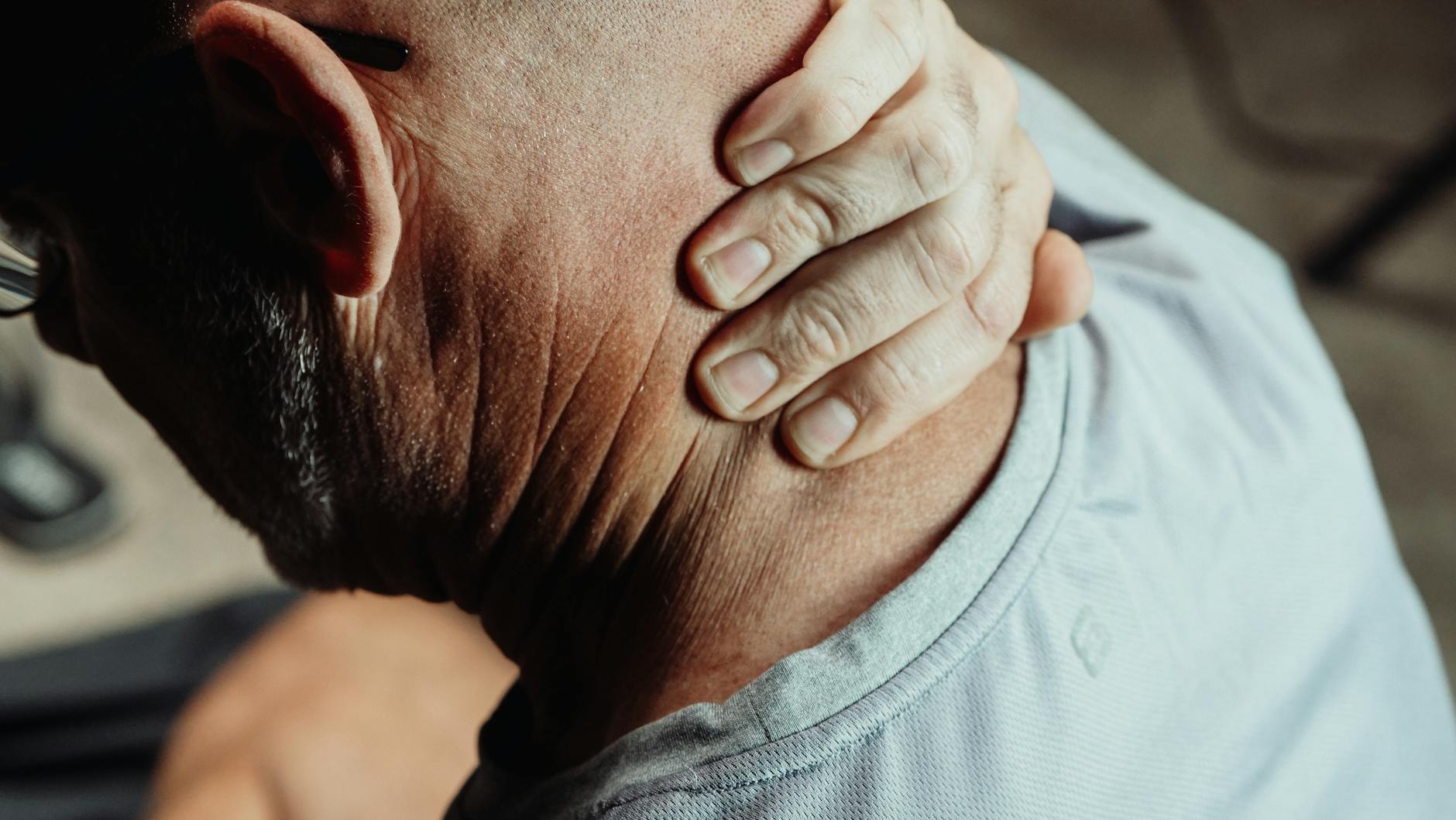Discover how one woman’s journey with rheumatoid arthritis led her to find hope and healing despite the constant pain.
Table of Contents
Living with Rheumatoid Arthritis can be challenging, but it is important to remember that there is hope in the midst of the pain. This chronic autoimmune disease affects millions of people worldwide, causing joint inflammation, pain, and stiffness. Understanding the nature of Rheumatoid Arthritis and how to manage its symptoms can greatly improve your quality of life.
Coping with Rheumatoid Arthritis
Rheumatoid Arthritis is a complex condition that requires a multifaceted approach to management. From medication to lifestyle changes, finding the right combination of treatments is essential for reducing inflammation and pain. Physical therapy, occupational therapy, and regular exercise can help improve joint mobility and function. Additionally, maintaining a healthy diet rich in anti-inflammatory foods can aid in managing symptoms.
Support and Education
Living with Rheumatoid Arthritis can feel isolating at times, but it is important to remember that you are not alone. Seek out support groups and online communities where you can connect with others who understand what you are going through. Educating yourself about the disease and staying informed about new treatments and research can empower you to take control of your health.
Managing Flare-Ups
Flare-ups of Rheumatoid Arthritis can be debilitating, but there are strategies you can employ to lessen their impact. Listen to your body and rest when needed. Applying heat or cold packs to inflamed joints can help reduce pain and swelling. Working closely with your healthcare provider to adjust medications during flare-ups can also be beneficial.
Seeking Emotional Support
Dealing with a chronic condition like Rheumatoid Arthritis can take a toll on your emotional well-being. It is important to prioritize your mental health and seek professional help if needed. Counseling or therapy can provide valuable tools for coping with the emotional aspects of living with a chronic illness.
| Living with Rheumatoid Arthritis: Finding Hope in the Pain | |
|---|---|
| Topic | Information |
| Prevalence | Rheumatoid arthritis affects approximately 1.3 million Americans and is more common in women than in men. |
| Symptoms | Symptoms of rheumatoid arthritis include joint pain, stiffness, swelling, and fatigue. |
| Diagnosis | Rheumatoid arthritis can be diagnosed through blood tests, imaging tests, and physical examinations by a healthcare provider. |
| Treatment | Treatment options for rheumatoid arthritis may include medications, physical therapy, and lifestyle changes. |
| Coping Strategies | Living with rheumatoid arthritis can be challenging, but support groups, therapy, and relaxation techniques can help manage the pain and improve quality of life. |
| Research | Ongoing research in the field of rheumatoid arthritis is leading to new treatments and potential cures for this chronic condition. |
Looking Toward the Future
Living with Rheumatoid Arthritis may present challenges, but it is important to remain hopeful for the future. Research into new treatments and therapies is ongoing, offering promising options for managing the disease. By staying proactive in your healthcare and taking steps to care for your overall well-being, you can face Rheumatoid Arthritis with confidence and resilience.
In conclusion, living with Rheumatoid Arthritis requires a proactive and holistic approach to management. By taking control of your health, seeking support, and staying informed, you can find hope in the midst of the pain. Remember that you are not alone on this journey and that there are resources available to help you navigate the challenges of living with a chronic autoimmune disease. Stay resilient and never lose sight of the possibilities for a brighter future.
Frequently Asked Questions
Here are answers to some common questions about living with Rheumatoid Arthritis:
How is Rheumatoid Arthritis diagnosed?
Answer 1: Rheumatoid Arthritis is typically diagnosed through blood tests, imaging tests like X-rays or ultrasounds, and a physical examination by a healthcare provider.
What are the main symptoms of Rheumatoid Arthritis?
Answer 2: Symptoms of Rheumatoid Arthritis include joint pain, stiffness, swelling, fatigue, and sometimes even fever.
How can I manage flare-ups of Rheumatoid Arthritis?
Answer 3: Managing flare-ups can involve resting when needed, applying heat or cold packs to inflamed joints, and working closely with your healthcare provider to adjust medications as necessary.
Is there hope for the future of Rheumatoid Arthritis treatment?
Answer 4: Ongoing research into new treatments and therapies for Rheumatoid Arthritis offers promising options for managing the disease and improving quality of life for those living with it.





